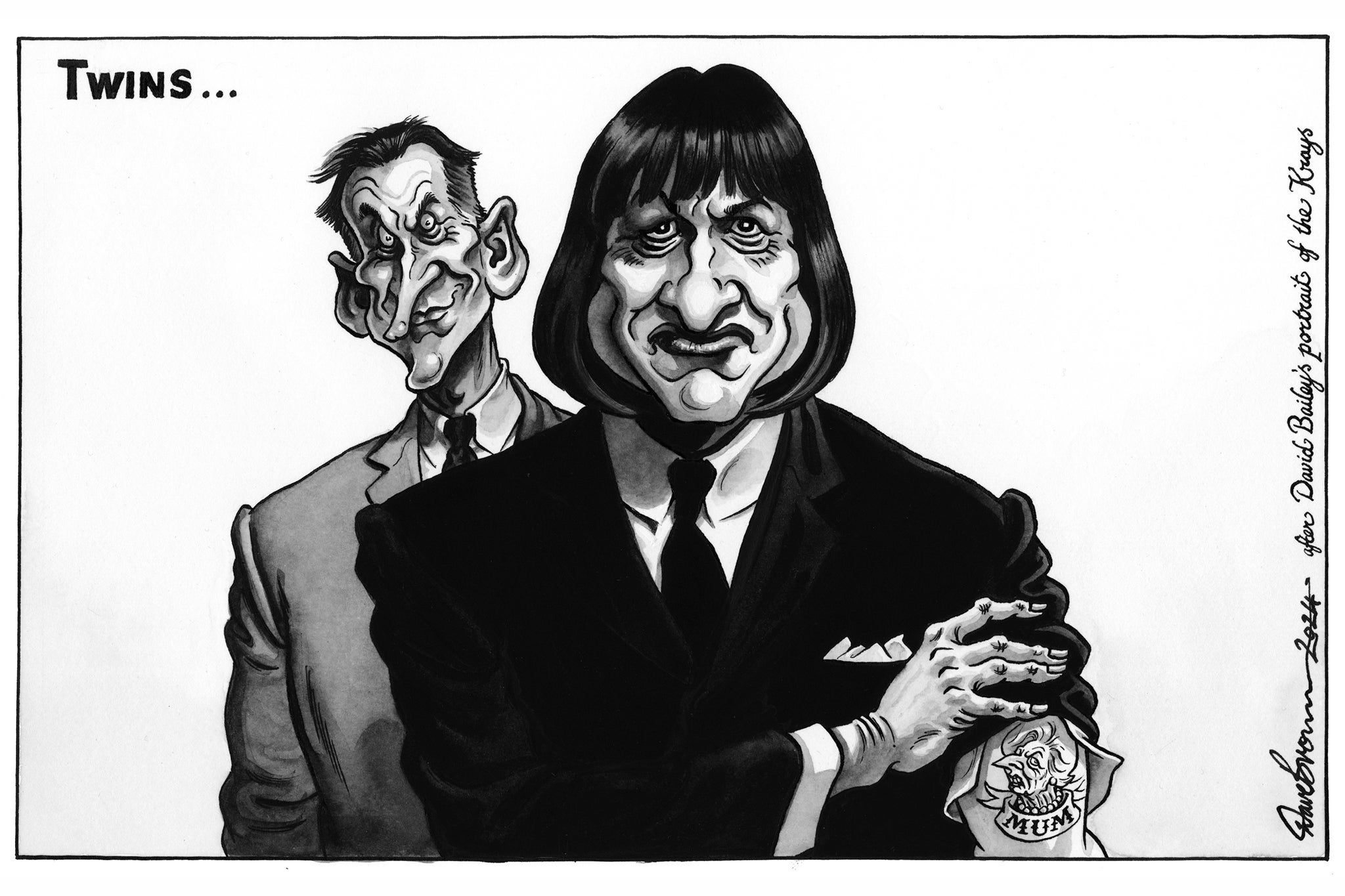A promise not to raise taxes never fools the voting public
Editorial: Rather than Labour and the Conservatives bickering over each other’s plans for VAT and national insurance, both parties would be better served admitting that such pledges are wholly contingent on factors far beyond their control

As in every previous general election for decades, if not centuries, tax has become a central issue in this campaign – and the claims and counterclaims have fallen into a familiar pattern.
“Dossiers” are lobbed across party lines. “Iron-clad” promises are carefully engineered to provide some well-disguised but necessary flex. What we now call “cakeism” becomes even more prevalent at election time – the attempt to persuade the public that in a slow-growing, ageing country with huge debts, our public services can be improved and paid for at the same time as taxes can be lowered (as the Tories say); or, at worst, increased only minimally in a few niche areas (the Labour approach).
From long and often bitter experience, the voters have learned to view such straight-faced assurances with a healthy scepticism.
Such is the case with the latest combat zone: value added tax. The Conservatives have claimed that they have forced Labour to “cave” and match their own pledge not to increase VAT. They argue that the shadow chancellor, Rachel Reeves, had previously failed to rule out a hike in VAT.
This is somewhat unfair because, so far as can be seen, she’s also never ruled out running the London Marathon, but that doesn’t mean she’s going to be jogging towards that, either. She may only have wished to keep her options open in unpredictable times. It’s also a curious “win”, because it actually removes a useful Tory attack line/scare story. The Liberal Democrats, under a sort of Fomo impulse, have echoed their bigger rivals’ policy.
There will be much more of this before polling day; and none of it will actually tell the voters that much about what anyone would do in government.
Some of the “debate” about the public finances is thus so theatrical and distorted as to be basically worthless. Pending some unexpectedly radical proposals in their manifestos, we have three main national parties that are committed to broadly the same unrealistic plans for public spending, for overall levels of taxation (universally agreed as too high), and for the trajectory of budget deficits and the national debt (also too bloated and costly to service). Given that, the vicious hyperbole that inevitably accompanies arguments about taxation is absurd as well as tendentious.
Jeremy Hunt, the chancellor, presaged the campaign and belied his sincere demeanour with a pretty deceitful job on Labour’s plans. He, like so many of his predecessors, has bent the rules on civil service impartiality, and made Treasury staff concoct costings for a list of supposed Labour spending commitments (in fact based on assumptions made by Tory special advisers). Mr Hunt then presented this in a fancy red document that looked official. The Tories claim that: “The impact of £38.5bn in unfunded spending would be equivalent to £2,094 per working household over the next four years.” This may be safely ignored.
By the same token, Labour has taken the Tories’ rather airy long-term aspiration to scrap employees’ national insurance contributions and other, smaller, unfunded spending promises and declared that these would automatically push interest rates up. This is also something of an exaggeration.
So the Tory policy will not in reality “increase monthly mortgage repayments on a typical home by £350”, as Labour says. In recent times, both parties have resorted to claiming that their pet spending projects can be funded by the seemingly endless scope for “efficiencies”, eliminating “waste”, and “clamping down” on tax avoidance.
The electorate should also understand that even the most definitive-sounding tax promises usually contain some wriggle room. The cross-party pledge not to increase VAT is no exception. That bald promise doesn’t, for example, exclude extending VAT into items previously exempt or zero-rated – such as, say, water and sewage services, or prescription medicines.
Indeed, that is precisely the kind of thing George Osborne tried in his “omnishambles” Budget in 2012. The then chancellor wanted to charge VAT on food served at “ambient” temperatures, a tax never previously mentioned by Conservative politicians. After some uproar and ridicule, the so-called pasty tax was duly scrapped.
But even before that, Mr Osborne had raised VAT from 17.5 per cent to 20 per cent in his first Budget – this, despite his leader David Cameron’s pledge during the 2010 election that: "We have absolutely no plans to raise VAT.” Plus ca change.
In more recent times, Rishi Sunak and his colleagues have had to break manifesto commitments and to raise taxes and national insurance to pay for the support given to the economy during the pandemic, as well as suspending the “triple lock” increase in the state pension. There are plenty more examples.
The point is that history shows, sadly, that even the most sincere tax-cutting governments can be forced for entirely legitimate reasons to break their promises. So, if another war in Europe begins in the coming years, or even if Britain simply needs to be prepared, the quickest, fairest and easiest way to raise the funds would be to raise taxes – and, if feasible, to mortgage the nation’s assets again. Another pandemic might also require another furlough scheme, borrowing and, in due course, tax hikes.
Few politicians admit that one day they might have to break their promises; an admission at election time that, in extremis, they might have to do exactly that might go some way to improving trust in the political classes.
Levelling with people about the big challenges of social care and climate change might also help. The voters might just begin to think their politicians are not trying to take them for fools.






Join our commenting forum
Join thought-provoking conversations, follow other Independent readers and see their replies
Comments